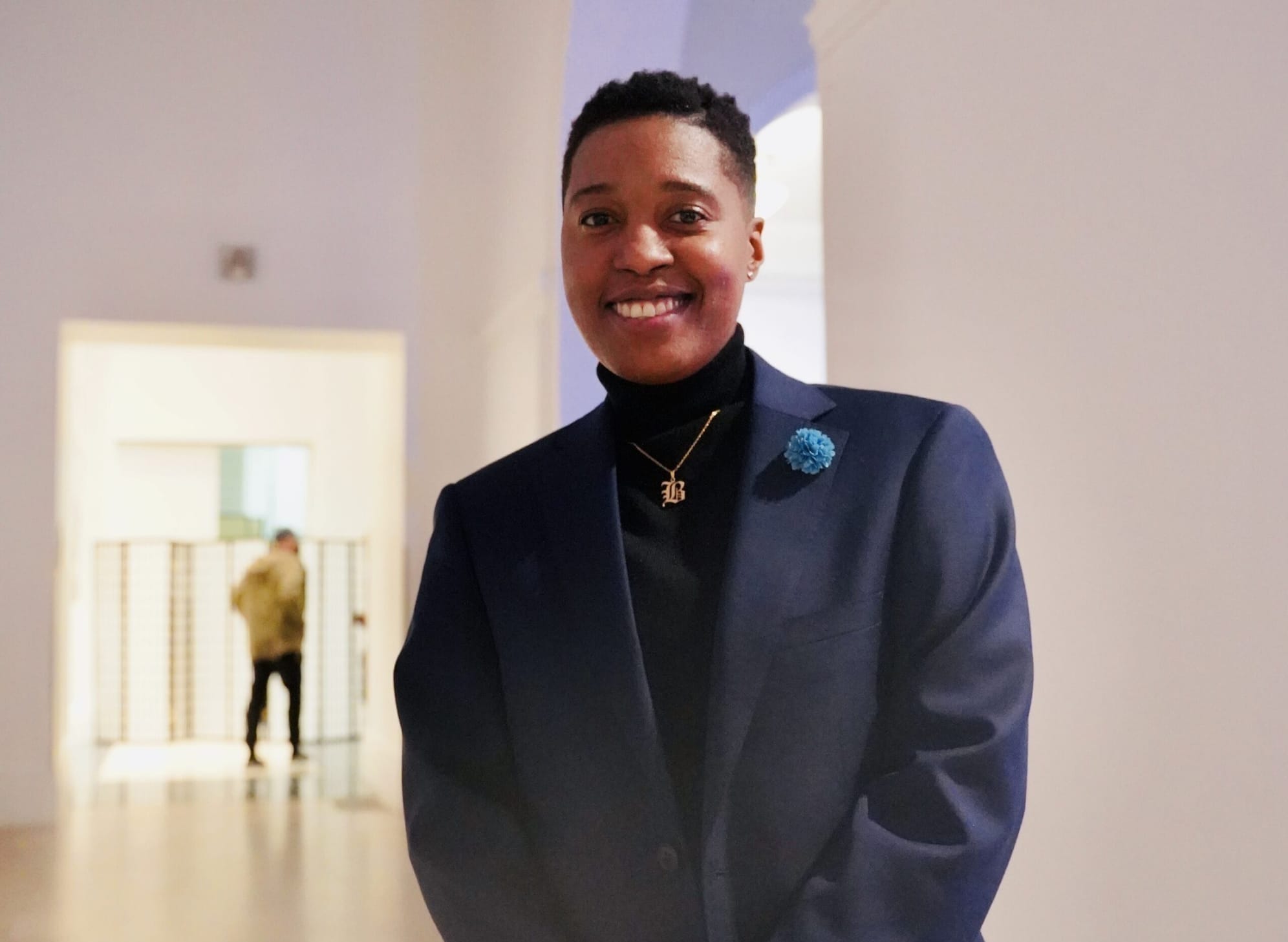
Tiny News Collective exists to support early-stage news entrepreneurs all across the United States who are raising their hands to provide community-focused news and information and places for community connection. We are who we are because of the founders we serve. And we want the journalism field, the civic information space and beyond to know about the creative, impactful work of these founders. To that end, we are thrilled to highlight their stories through an ongoing series of profiles and features.
For our latest profile, we talked with Brit Harley, founder and publisher of Five Wards Media, one of the first cohort of TNC members in 2021. Five Wards Media’s mission is to honor and amplify the community of Newark’s vibrant stories, culture and information needs. The publication has a commitment to deep listening, building relationships and engaging with city residents to provide unique coverage of diverse issues across Newark’s five wards. Brit talked about her background as a community organizer, the strength of her community media fellowship program, and an innovative project where high school students interviewed community members about the history of Newark.
I don't traditionally come from a journalism background and didn’t attend journalism school. I worked in youth and community development for most of my career. So I transferred those skills to public radio, and took a community engagement approach, and tried to understand what news and information they consumed, if any. I wanted there to be a space for community members to share stories and be a part of it.
It was 2020 when I co-founded and launched the Newark News & Story Collaborative as a community media training program while I was the community engagement reporter at WBGO public radio. About a year later, the grant money ran out, so I was trying to find a home for the project that I was already doing at the public radio station.
I was a John S. Knight impact fellow at Stanford University, and Tiny News Collective was just launching. And some folks encouraged me to check it out, so I became part of that group of founding members for TNC. That was really the beginning of Five Wards Media. We needed a home, and it was hard to find one. So I thought it would be cool to explore what our work might look like in a new media organization.
How could we grow the work of Newark Stories and think about other initiatives and projects we might launch? Five Wards Media is providing a platform for community members and our media fellows to publish and share their work.
Well, we're definitely still flying the plane and building it at the same time. That’s allowed us to build and think about what kind of organization we want to be. We’ve been able to provide more opportunities for media fellowships so residents can share their experiences with the community. There were folks who were trying to build their portfolio, young people who wanted to work with others and publish their narratives, so we’ve provided a space for them to do that.
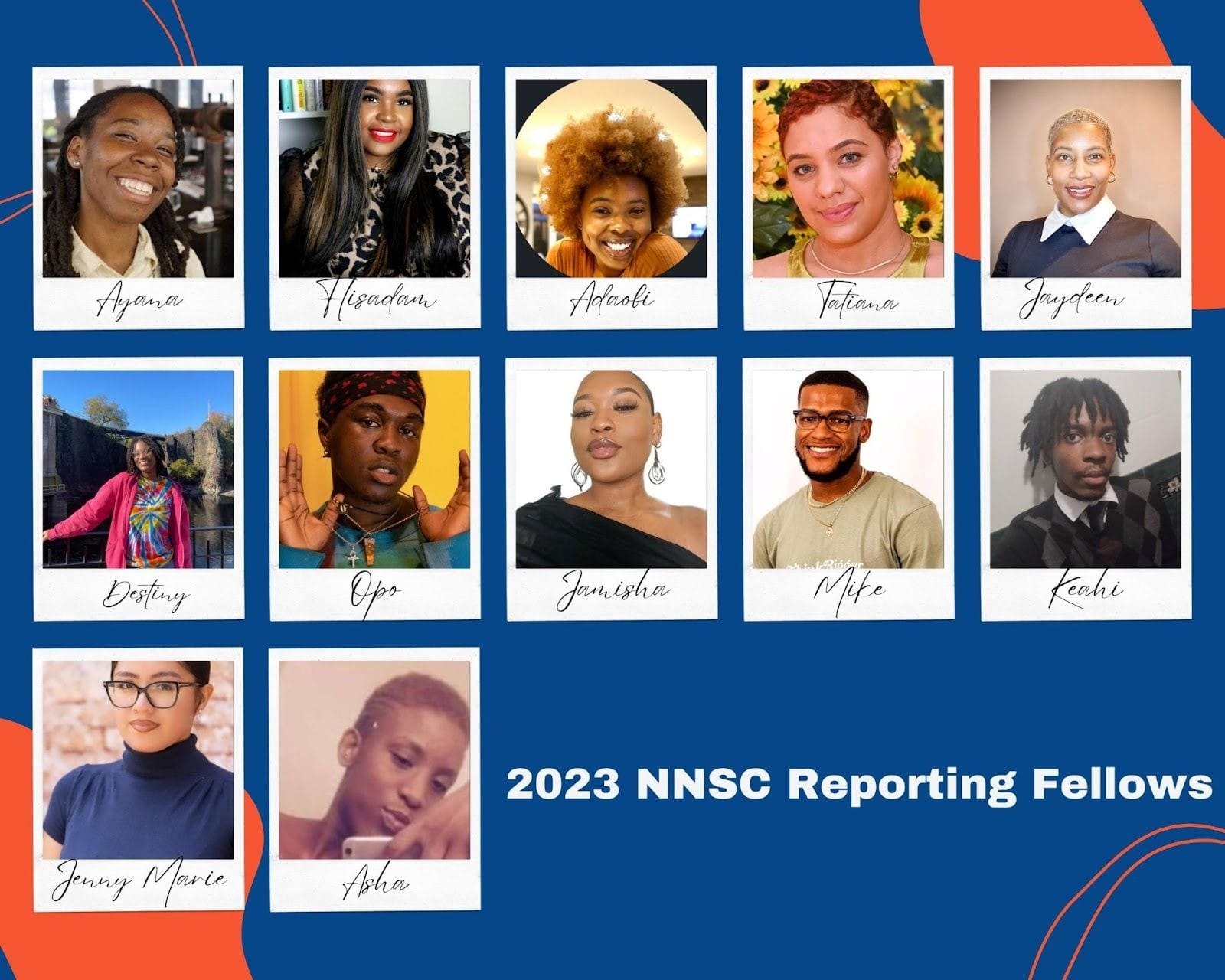
Our community media fellowship program runs for 12 weeks. Depending on funding, the cohort could be as small as five people, or we had 12 people [in winter 2023] (see image above). They all receive a stipend to learn about newsgathering and storytelling, audio and video. It’s all workshop-based, and they can strengthen their skills. They come to us at different skill levels, and it’s an inter-generational program, but more youth-focused.
They get to learn from industry professionals, people who have their own media organizations or reporters for other news organizations. That’s who we tap to train them, along with the creative community here in North New Jersey, who come on board as facilitators. The fellows choose a project to work on during the program.
The projects also depend on the kind of funding we get. We have a health-related grant, so we have folks doing canvassing work to better understand the needs of residents, while considering what kinds of media would engage them. We also have folks working in the poetry space so we can incorporate more arts in the work. We have somebody working on a poem that’s going to be videotaped, and it’s about environmental racism and what’s impacting some of the neighborhoods here.
Last summer, we launched the Brick City Voices Project with a group of 10 young people based in North New Jersey. It’s a history project exploring gentrification, urban renewal and the riots in 1967 — really trying to understand displacement and connecting to some issues that folks are organizing around now in 2024.
We worked with young people (aged 14 to 18 in local high schools) over six weeks throughout the summer. And we met a few times in the fall to extend the program so we can collect more stories from community members who remember some of the neighborhoods that were either demolished due to eminent domain or folks who were displaced by the highways here in Newark.

These stories really help us preserve the history of Newark and look at the housing crisis that we’re currently facing. We’re seeing some of the reasons why the rebellion happened in ‘67, and doing deeper explorations about folks who were impacted by the construction of interstates 78 and 280 here in Newark and the public housing that was demolished. It’s been cool to get so much community feedback and see all the people who have signed up to interview and share stories as well.
Yes, grants are important for us, and we’re fiscally sponsored by Tiny News Collective, which is really helpful for us. It’s helped us get the space we need to think about what kind of structure and organization we want to be. We are thinking about how we can grow and scale our work to get beyond just grants. But that’s been our support for the past four years.
We have to consider what works and what doesn’t and what makes the most sense for us. In so many ways we are interfacing with community members and creating spaces for dialogue and connection. It’s about building people power, and that’s just the work that I come from. And I come from this place, too. But though I’m from here, that doesn’t mean I have all the answers and know everything. I wanted to create a space where community members felt like they could share their stories.
I love the local news landscape now. There are a lot of publications that are a part of Tiny News Collective and other independent publications that are based here or just recently launched in Newark, in the county or in the city. I do think that anybody having that community engagement, civic engagement background is super useful to any news organization that’s committed to having those voices come to the forefront and wants to make sure that what they're doing reflects that.
I see a lot of good models and practices, but journalism definitely needs more folks who are organizers that work in the grassroots space. And that's been what I've been trying to figure out in this space, because a lot of our work is grassroots: we're canvassing, we're outside, we're hosting conversations.
With the right infrastructure and sustainability, I would love to have coverage of all the different wards in Newark. It’s called Five Wards Media. I would love for us to grow to a point where we’re able to have coverage of all these specific wards and even the different neighborhoods.
It’s a multicultural city, and there are folks from all over the world who have landed here or migrated here or been here for generations from other countries. I would love for that to be reflected in our coverage, especially as you think about different neighborhoods, ethnicities and cultures. You know you can go to the Ironbound neighborhood to get Portuguese food, and another for all types of Latin food, and there’s an amazing Puerto Rican spot in the North Ward.
While everyone might have different needs, they are all impacted by housing issues or development or food insecurity. I would love for what we do to reflect and create an accurate picture of the different wards. It would be great to have reporters and creators covering each of those wards and neighborhoods. And expand our fellowships so they are in more specific wards. That way, fellows can apply what they are learning in real time, and we could create an entire newsroom that could focus on these different places, and fellows could plug in and put to work what they’ve learned.
Learn more about other TNC founders by reading these stories:
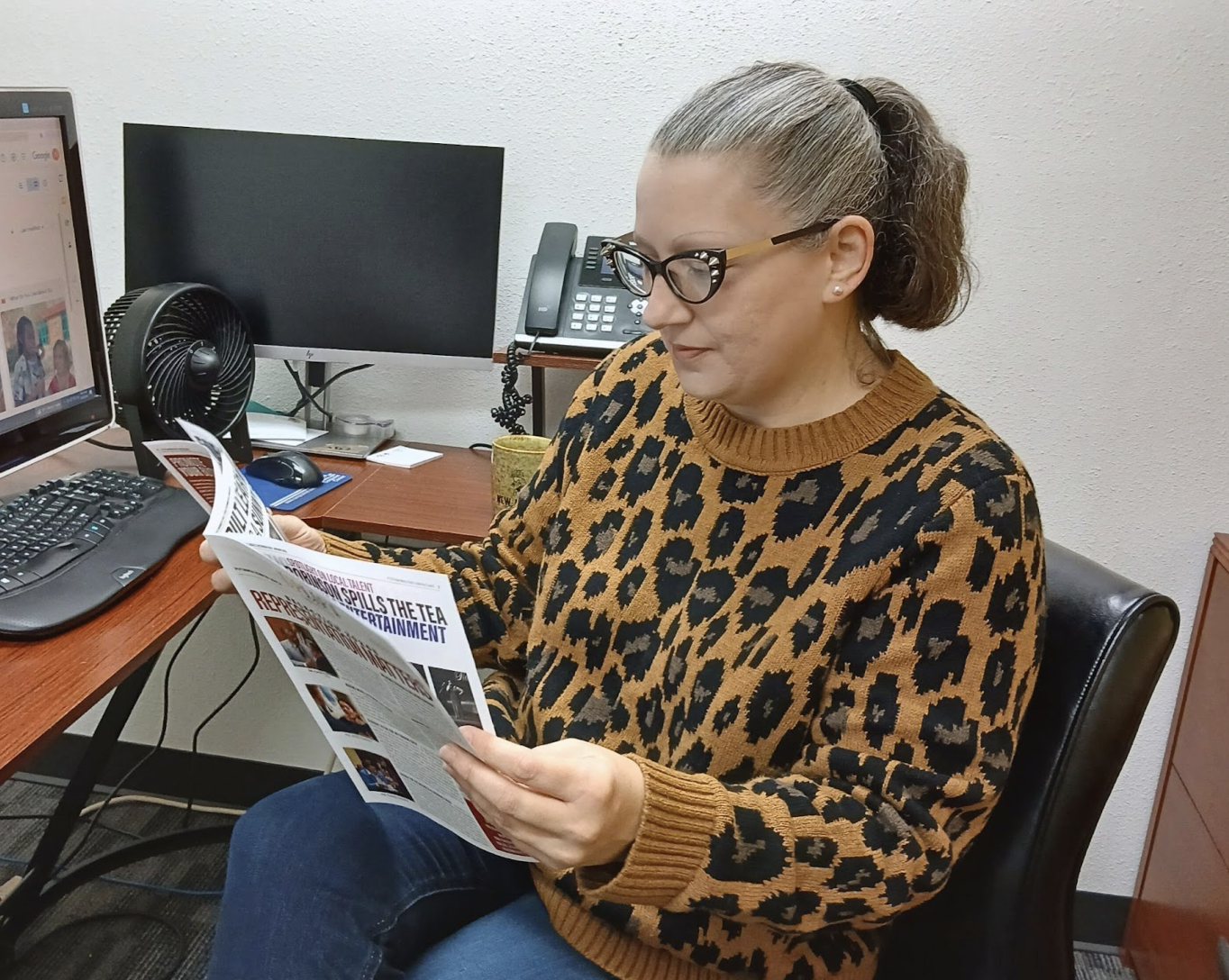
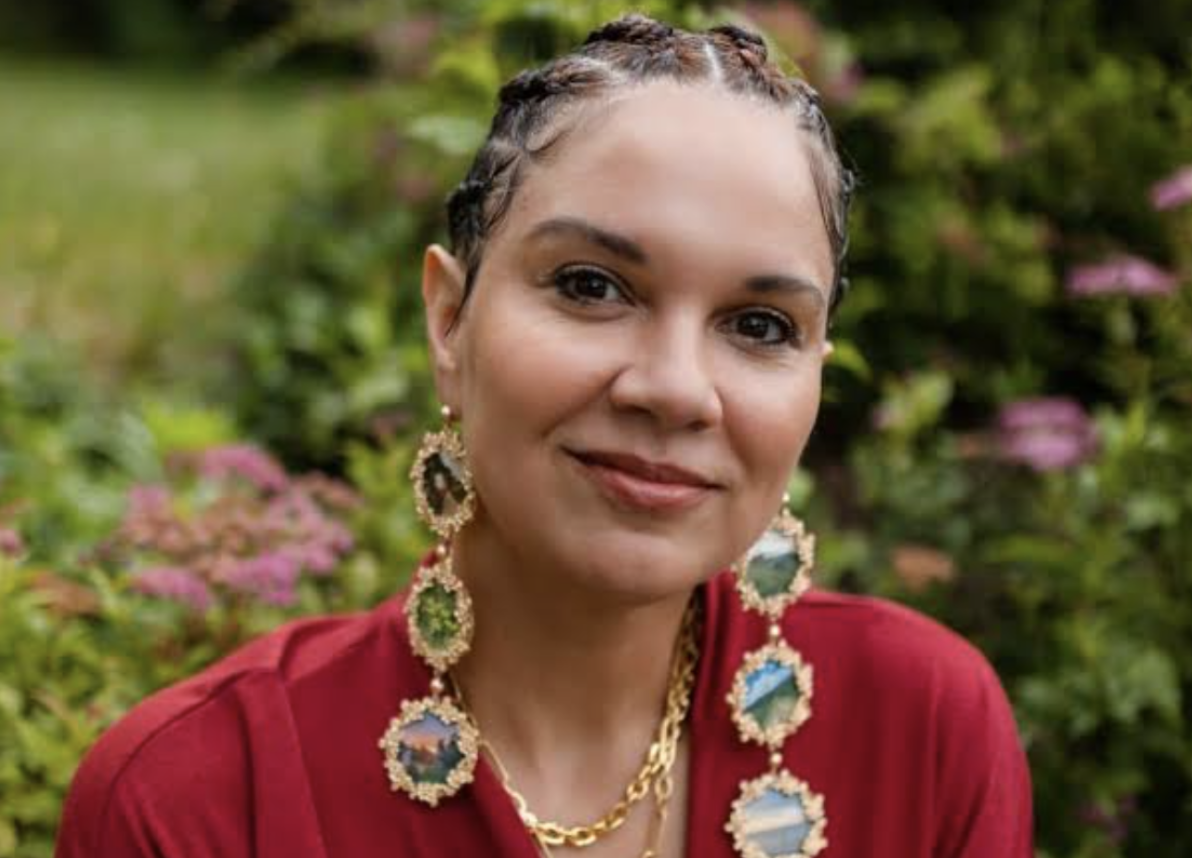
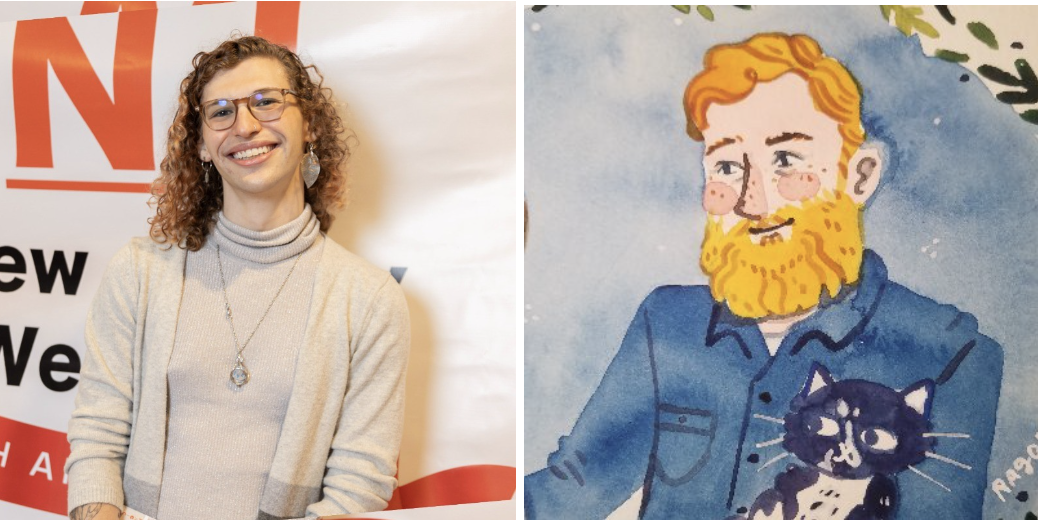
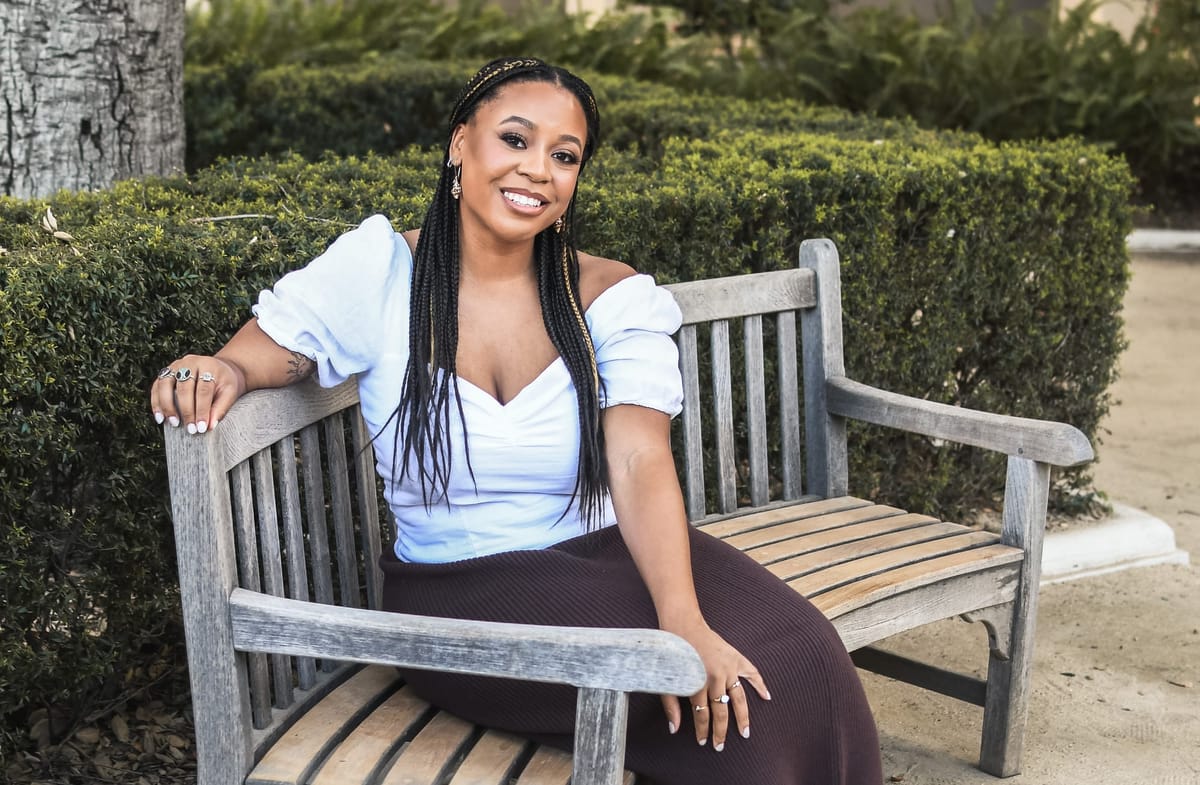
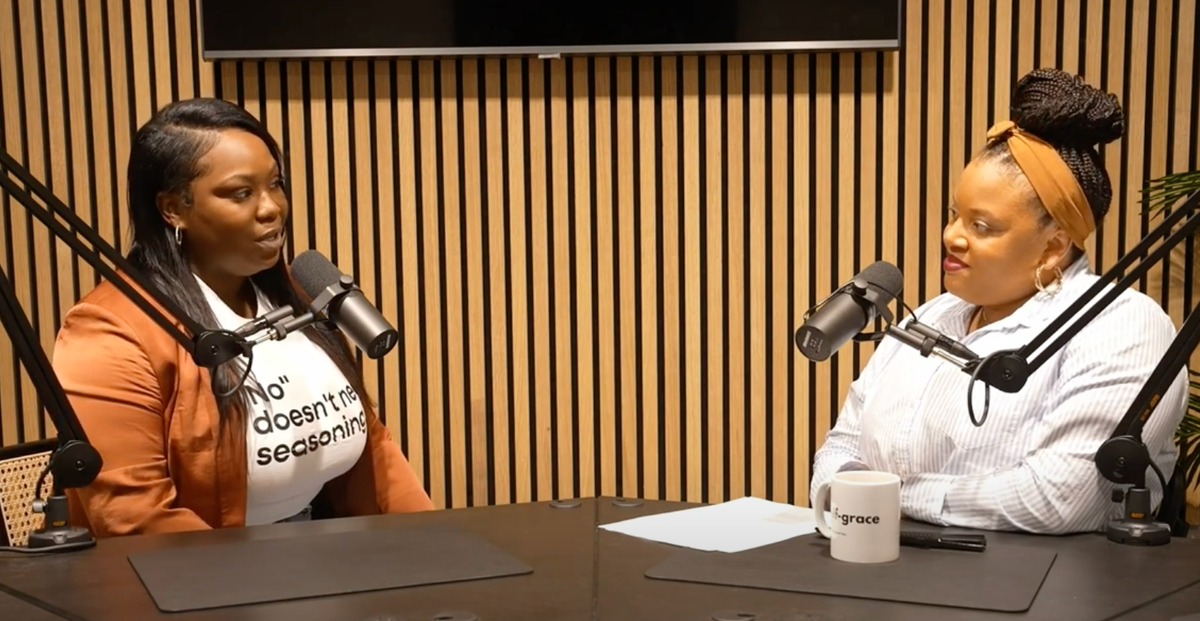
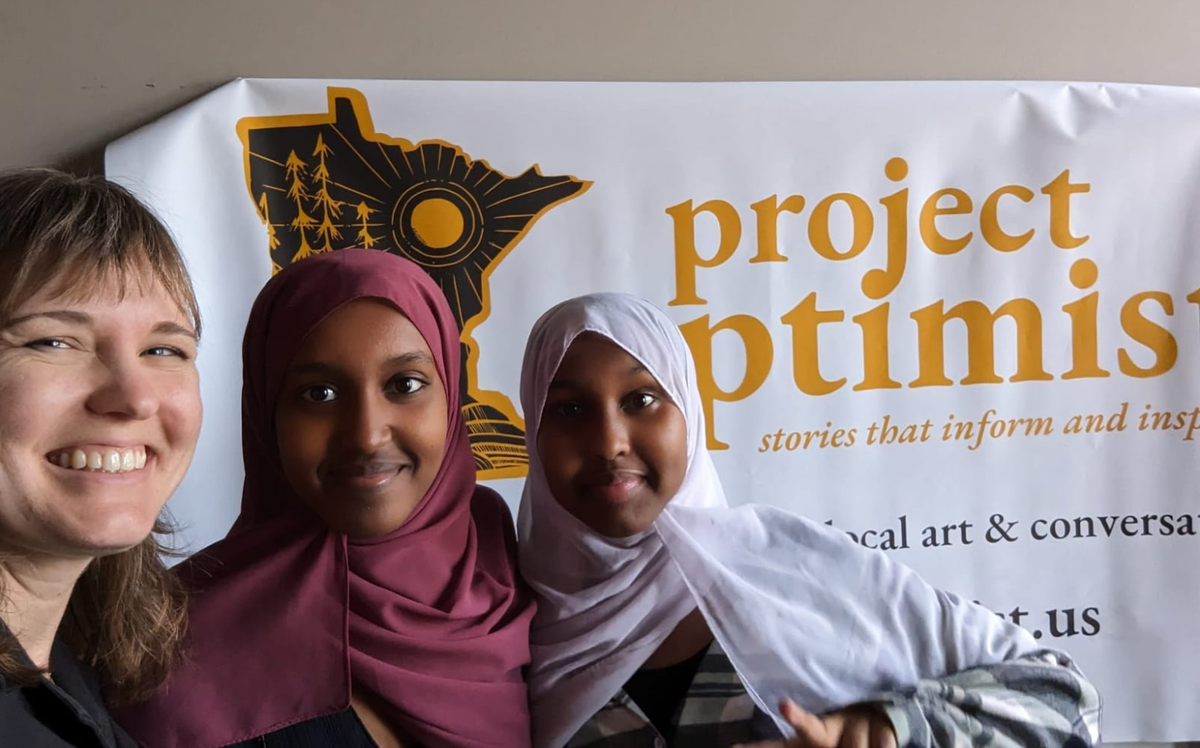
Sign up for our monthly newsletter for ongoing updates, announcements, and resources for newsroom entrepreneurs.